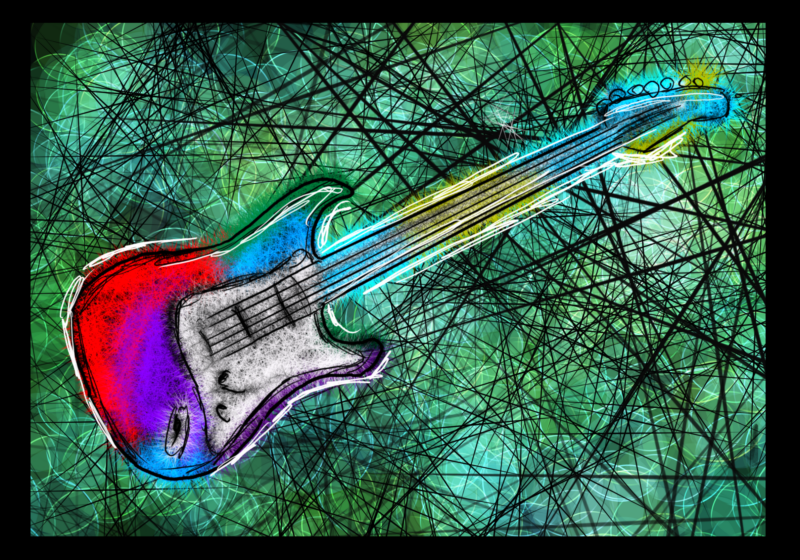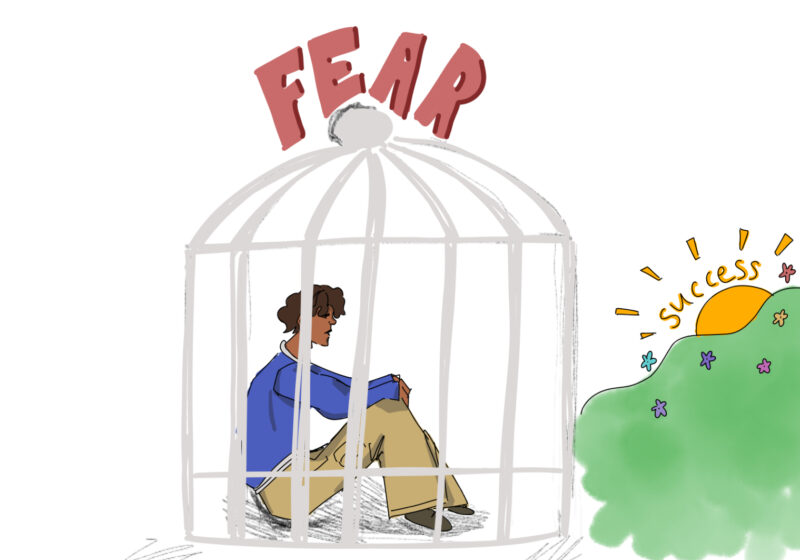It’s that time again. Time to break out that old rhetorical standby, the metaphor. A well-crafted metaphor can be a powerful and persuasive tool. Or it can just replace rational argument with an easy, throwaway line. It may have been a while since America was so acutely presented with the menace of the ‘Russian Bear” by print and cable media, but there is no denying the effectiveness of that resounding image.
Like it or not, the notion that Russia’s recent actions on the world stage exposes a deep imperialism and some kind of world-domination routine seems to be the norm here in the States. While I hope that we, as a citizenry, can move past the old black-and-white mentality of the Cold War for a slightly more complex (if less satisfying) grasp of events, I certainly won’t at this point put any money on it.
As for the Georgia-Russia conflict itself, the details are extremely messy. On one side, you have a formerly (and some argue presently) authoritarian superpower unwilling to give up any more of its power since it has recuperated from the fall of the USSR. The Georgians, a Western-style democracy since 1991, are likewise unwilling to give up any ground. In their case, however, they are unwilling to give up land, which they legally have claim to but have no real power over.
This land, the region of South Ossetia, is essentially an enclave in the north of Georgia with inhabitants who do not speak Georgian and are ethnically dissimilar from their southern cousins. Formerly an autonomous administrative unit within the Soviet Union, Georgia denied South Ossetians independence in 1990, advanced into the area in 1991 and backed down with a cease-fire in 1992 to avoid a Russian entanglement. The area, as far as one can tell from conflicting accounts, is probably a nasty place to live; recent stories tell of Ossetian rebels firing on Georgian police or Georgian snipers picking off residents.
Anecdotally, many of those I’ve spoken to at Rochester about the conflict have the ‘Russian Bear” narrative firmly planted in their minds: the hulking monster of Russia decides to swallow up a democratic neighbor one day. There is no mention that Georgian troops crossed the 1992 cease-fire line into South Ossetia to capture the capital of Tskhinvali on Aug. 8. The Russians respond in force only afterwards (how long after depends on the report). This move is defended by Georgians to be a response to South Ossetian shelling of Georgian villages, while Russia claims to be defending an autonomous people from an overt land grab.
As a student who hasn’t even left New York State for quite some time, I cannot provide the eye-witness report necessary to say whose claim of ‘He started it!” is accurate. What bothers me is that many don’t even perceive the debate. ‘Russia simply invaded,” I am told.
Don’t get me wrong. You won’t hear me absolving Russia of any blame for what is happening. I’m also not jumping on the bandwagon of bad journalism and asking for every story to be told from both sides in a misguided attempt at ‘fair and balanced” reporting. I merely suggest that a prolonged ‘frozen conflict” between the remnants of a massive, one-of-a-kind experiment in government such as the Soviet Union may not have a neatly boxed narrative this early in the reporting.
Then again, why should we even care if we get the story right? Generally speaking, we like Georgia. America is backing Georgia’s bid for a position within the North Atlantic Treaty Organization (NATO). Ukraine is similarly up for membership. None of this is pleasing to Russia, of course. Perhaps feeling a little boxed in already, Russia surely won’t like having two NATO members on its borders.
Creating NATO-backed states in former Soviet areas seems like a move that entails a good degree of risk; if member states are not fully able or willing to support the two against Russia, trouble could be on the horizon.
Still, it is possible to see this crisis as an opportunity for America and its citizens to shine and show that we don’t necessarily have to muddle foreign relations. Digging for ever-better facts would be a nice start. And please, if we must use the metaphor of the ‘Russian Bear,” at least let’s be honest and make sure to look at the person goading it with a sharp stick.
Powers is a member of the class of 2011.





